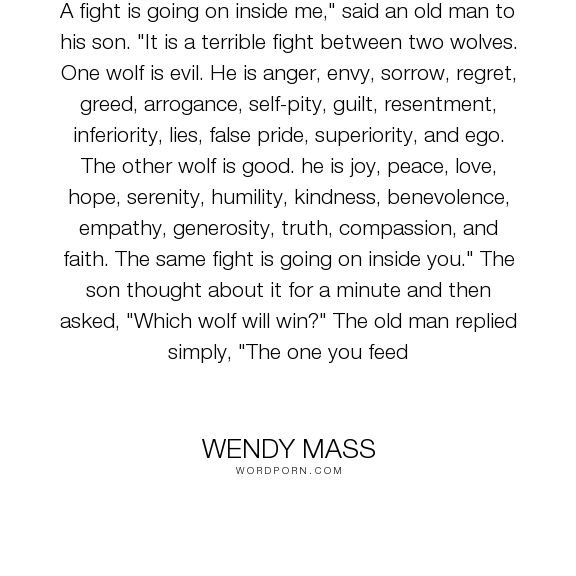Alexis Shuffler
@blubird
Alexis Shuffler
@blubird
I’m learning about myself. In observing my own patterns, what consistently resonates with me, what I light up about, I’m listing down what’s core to my human.
Curiosity & Choice

humans are decent (anti vaneer theory)
Quoted in Humankind: A Hopeful History by Rutger Bregman, p.10
‘My own impression,’ writes Rebecca Solnit...”is that elite panic comes from powerful people who see all humanity in their own image ’ Dictators and despots, governors and generals—they all too often resort to brute force to prevent scenarios that exist only in their own heads, on the assumption that the average Joe is ruled by self interest, just... See more
Frans de Waal, The Age of Empathy (2009)
Chapter: Biology, Left and Right
"The French revolutionaries chanted of fraternité, Abraham Lincoln appealed to the bonds of sympathy, and Theodore Roosevelt spoke glowingly of fellow feeling as ‘the most important factor in producing a healthy political and social life.’”
humans are decent (anti vaneer theory)
Fellow feeling as term, anything there?

social anxiety and curiosity and openness
Anxiety and curiosity activate similar parts of the brain. Anxiety asks, “what could go wrong” to “what may I discover” FUNDAMENTAL to my thoughts on social anxiety and how to overcome it.
“I think we should talk more about our empathy deficit. … It’s only when you hitch your wagon to something larger than yourself that you will realize your true potential.”
—Barack Obama, Speech to Northwestern University
Frans de Waal's book, The Bonobo and the Atheist: In Search of Humanism Among the Primates, explores the biological and evolutionary roots of human morality, arguing that our ethical behavior is innate and shared with other social primates, not a cultural overlay imposed by religion or reason.
Summary of The Bonobo and the Atheist
The central thesis
... See morefreedom and curiosity and openness
Agency is for the curious, the open, the receiving. Henrik Karlsson.
forgiveness for imperfection in learning
The last sentence “expertise [isn’t] required to notice good and true things about the world”